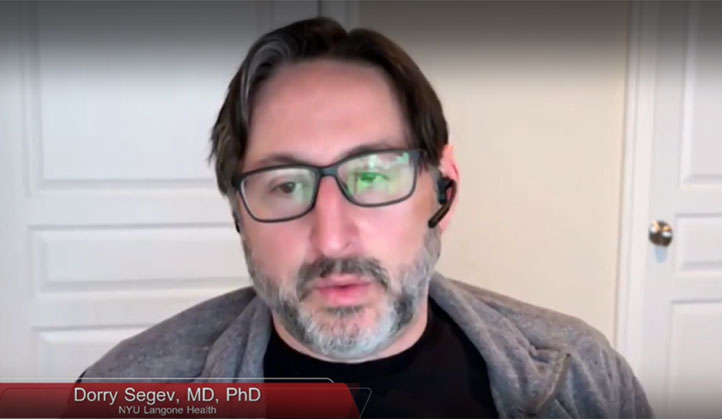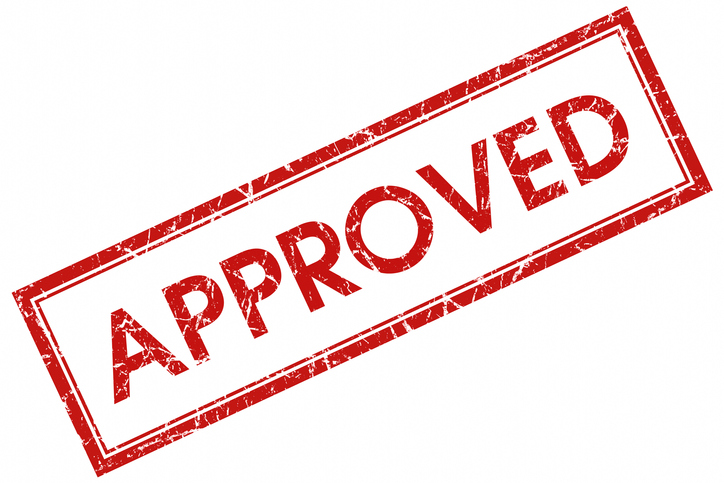World-leading specialist shares latest information on Covid-19 in transplant patients
On February 24th, CareDx hosted a webinar with NYU’s Dr. Dorry Segev, one of the world’s leading experts on the impact of Covid-19 on immunocompromised patients. When the pandemic hit, Dr. Segev shifted his research to better understanding vaccines in the immunocompromised, for which he has received a Letter of Commendation from Dr. Anthony Fauci. His research has been published in JAMA, and featured on CBS, NBC, NPR, and the New York Times, among other publications. In recognition of his contributions to health care, Dr. Segev was recently elected to the National Academy of Medicine.
We adapted our webinar conversation with Dr. Segev for this article, editing only for clarity and length. Read the full article here.






